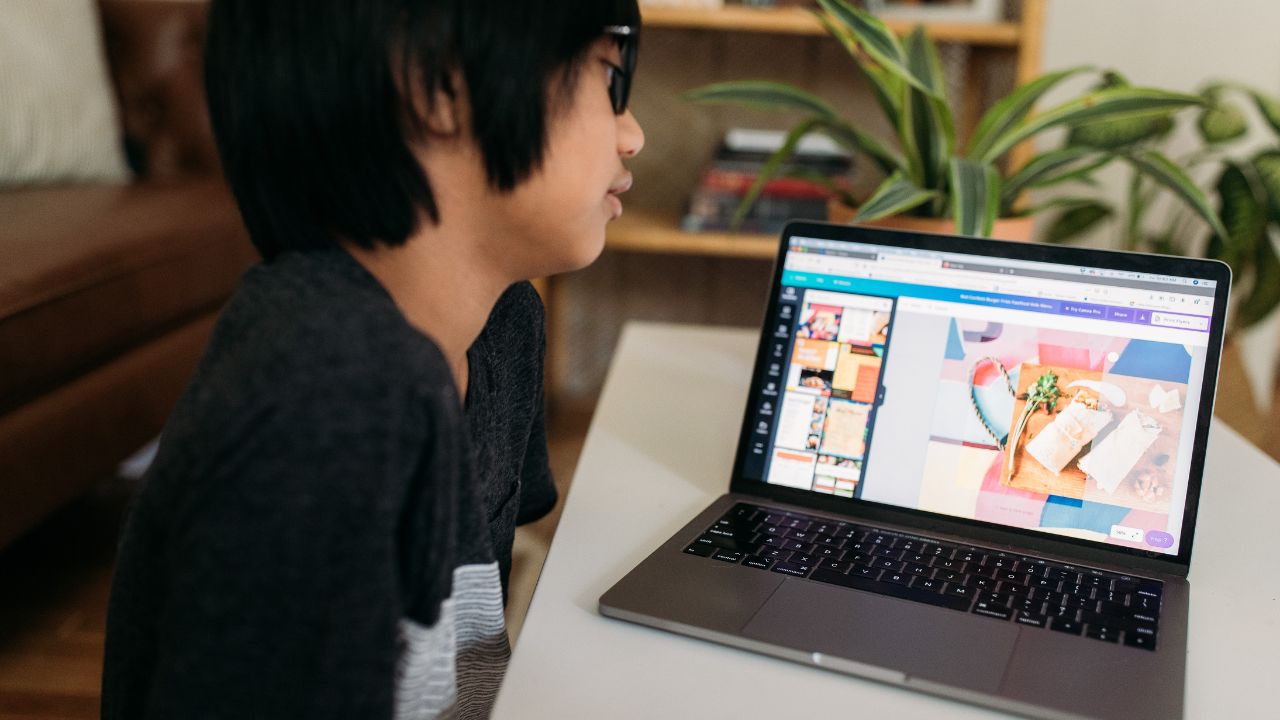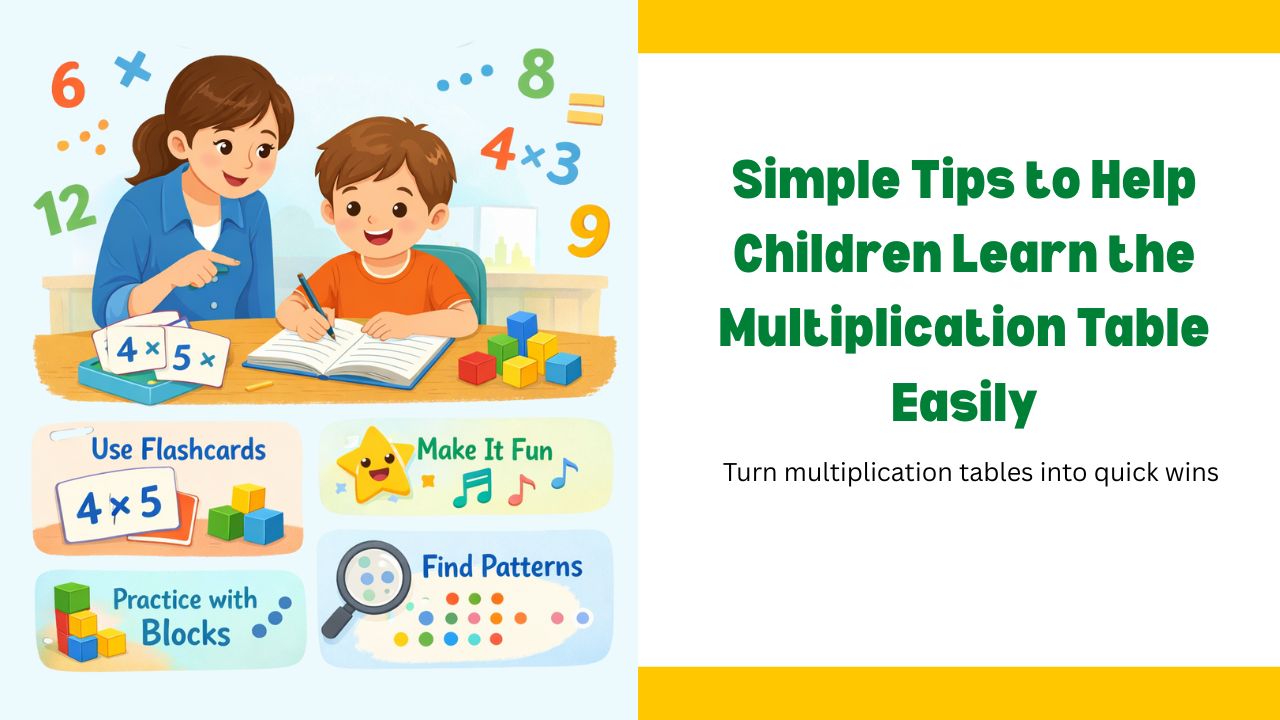Unraveling the Impact: Breaking the Cycle of Child Screen Addiction
In today’s digital age, children are increasingly exposed to screens and television. While television can be a source of entertainment and education, excessive screen time can lead to addiction and adverse effects on children’s development. Laureate High School recognizes the importance of building healthy habits and breaking the cycle of child screen addiction. In this blog post, we will explore practical strategies and effective approaches that parents and educators can implement to ensure a balanced and enriching environment for children.
Screen addiction can profoundly impact a child’s physical, cognitive, and socio-emotional development. Excessive screen time can result in inactive lifestyles, obesity, sleep issues, focus issues, and poor academic performance. Furthermore, persistent exposure to objectionable or violent content can affect children’s behavior and emotional health. It is essential to recognize the detrimental effects of screen addiction and take proactive steps to address the issue.
-
Creating a Healthy Environment
At Laureate High School, we emphasize the creation of a healthy environment that supports children’s overall well-being. This begins with establishing clear screen time rules and limits. Parents and educators should collaborate to set reasonable boundaries and ensure that children engage in a variety of activities beyond watching television. Encouraging outdoor play, engaging in creative pursuits, and promoting social interactions are essential components of a balanced routine.
-
Role of Parental Guidance
Parents play a crucial role in breaking the cycle of screen addiction. They should serve as positive role models by limiting their own screen time and actively participating in alternative activities with their children. Open communication about the potential risks of excessive screen time can help children understand the importance of moderation. Setting up designated family time without screens can foster deeper connections and promote quality interactions.
-
Collaborating with Educators
Educators at Laureate High School understand the significance of collaborative efforts in addressing screen addiction. They integrate educational programs that promote critical thinking, media literacy, and responsible technology usage. By incorporating interactive and engaging activities into the curriculum, educators can captivate children’s interest and reduce their reliance on passive screen time.
-
Encouraging Healthy Alternatives
Laureate High School stresses the significance of giving kids interesting, educational alternatives to screening to escape the cycle of screen addiction. This includes promoting reading habits, encouraging imaginative play, and providing opportunities for physical exercise. By fostering a love for books, stimulating creativity, and promoting active lifestyles, children are more likely to develop healthy habits and reduce their dependency on television.
-
Implementing Technology Guidelines
In addition, to setting screen time limits, it is essential to establish clear technology guidelines at Laureate High School. This includes educating children about responsible technology usage and online safety. By teaching them to discern between appropriate and inappropriate content, they can make informed choices when accessing digital media. Incorporating digital citizenship programs into the curriculum can equip children with the necessary skills to navigate the digital world responsibly.
-
Engaging Parents in Collaborative Efforts
At Laureate High School, we understand the importance of involving parents in collaborative efforts to break the cycle of child screen addiction. Regular parent-teacher meetings, workshops, and seminars can provide valuable information and resources to parents, helping them understand the impact of excessive screen time and offering effective strategies to address the issue at home. By fostering a strong partnership between parents and educators, we can create a united front in promoting healthy habits and a balanced lifestyle for children.
-
Monitoring and Supervision
Parents and educators need to monitor and supervise children’s screen time activities to ensure adherence to established guidelines. Utilizing parental control features on devices, installing age-appropriate content filters, and keeping electronic devices in shared spaces can help monitor and limit children’s exposure to television and digital media. Regularly reviewing the content children engage with and having open conversations about their online experiences can contribute to a safer and healthier screen time routine.
-
Celebrating Progress and Acknowledging Challenges
Breaking the cycle of child screen addiction is a journey that involves both progress and challenges. It is crucial to acknowledge and celebrate the small steps taken by children in reducing their screen time and engaging in alternative activities. Recognizing their efforts through rewards, praise, and encouragement can motivate them to continue building healthy habits. It is also important to address any setbacks or challenges that arise along the way with empathy and understanding, reinforcing the commitment to helping children overcome their addictions.
ALSO READ: 7 Ways To Improve Kids Handwriting
Conclusion
Building healthy habits and breaking the cycle of child screen addiction is a collective effort that involves parents, educators, and the school community. Laureate High School remains committed to providing a nurturing environment that encourages balanced screen time, promotes alternative activities, and cultivates the overall development of children. By prioritizing the well-being of children, we can help them thrive and grow into well-rounded individuals.
Follow us on Facebook:- @laureatehighschool










